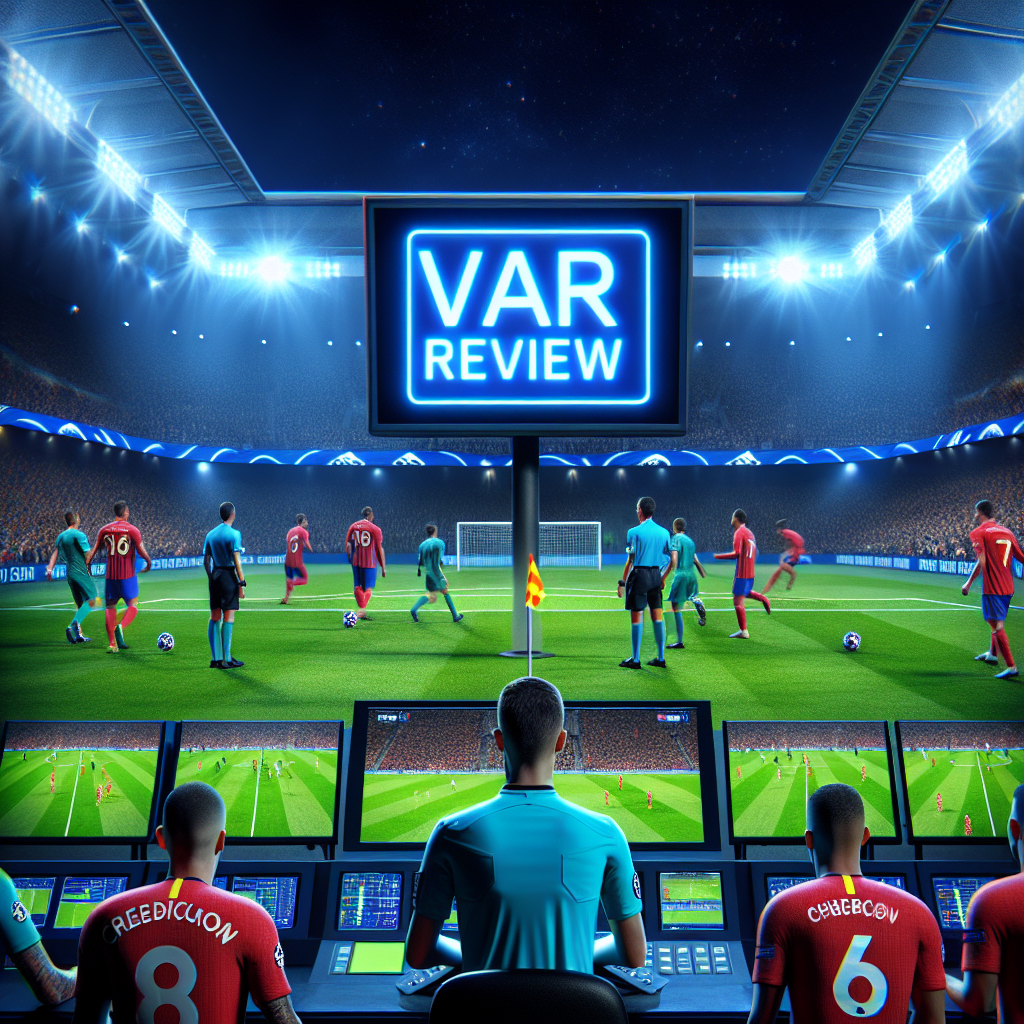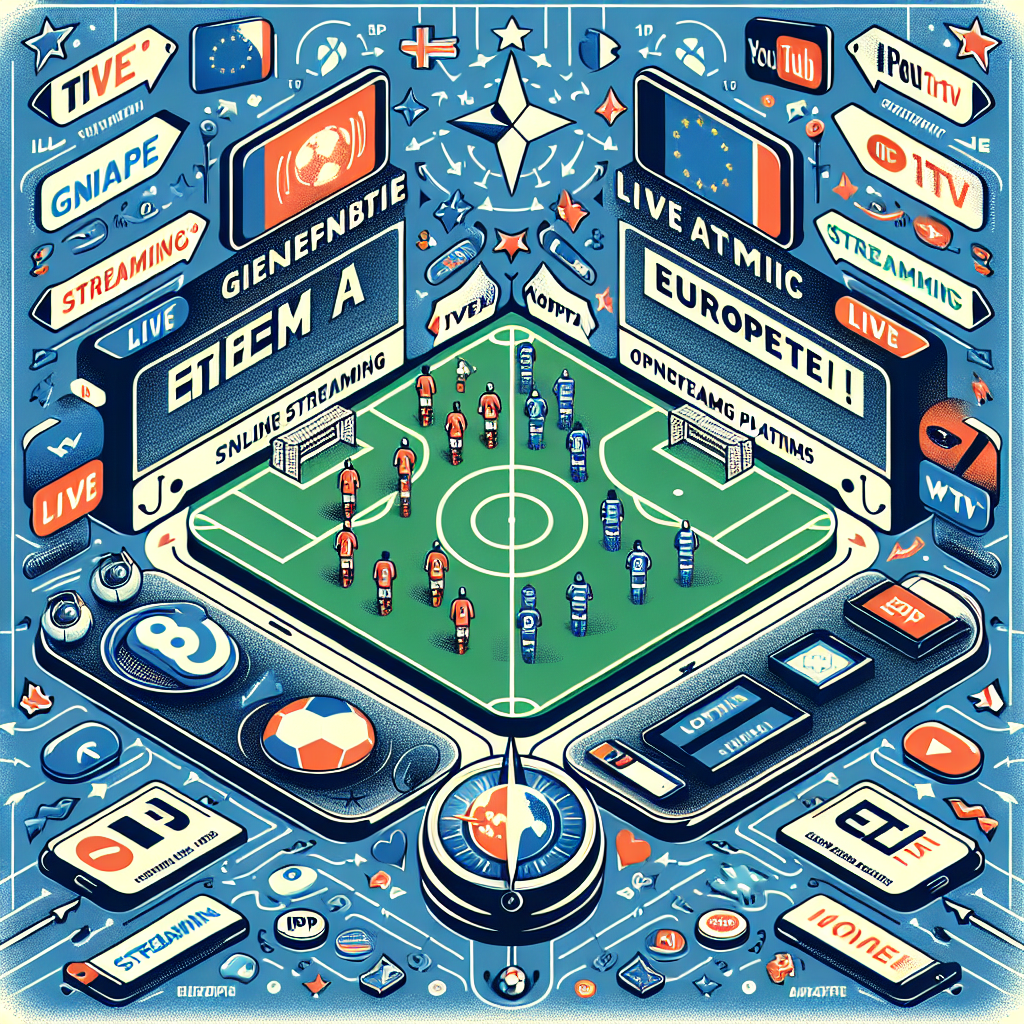The UEFA Champions League has always been a spectacle of footballing excellence, showcasing the best teams and players from around the globe. However, in recent seasons, the introduction of Video Assistant Referee (VAR) technology has added a new layer of controversy and intrigue to the beautiful game. This season, VAR decisions have once again been at the forefront, influencing crucial matches and, at times, leaving fans and players bewildered. In this comprehensive analysis, we delve into the most significant VAR decisions that have changed the course of Champions League matches this season.
The Role of VAR in Modern Football
Before diving into specific instances, it’s important to understand the role of VAR in modern football. Introduced to assist referees in making clear and obvious decisions, VAR’s primary function is to correct critical errors in match-defining moments such as goals, penalties, direct red cards, and mistaken identity. Despite its noble intent, VAR has been criticized for its impact on the flow of the game and inconsistencies in decision-making.
Game-Changing VAR Decisions This Season
1. Manchester United vs. Paris Saint-Germain
In a thrilling match-up between European giants Manchester United and Paris Saint-Germain, VAR played a pivotal role. In the dying minutes of the game, a controversial handball decision against PSG’s Presnel Kimpembe led to a penalty for Manchester United. Marcus Rashford stepped up to convert the spot-kick, sealing a dramatic victory and progression for the Red Devils. This decision sparked debate over the interpretation of handball rules, highlighting the subjective nature of VAR interventions.
2. Real Madrid vs. Inter Milan
The clash between Real Madrid and Inter Milan was another fixture marred by VAR controversy. During the match, Inter was denied a crucial equalizer after VAR ruled out Arturo Vidal’s goal for offside. The decision was met with frustration by Inter players and fans alike, questioning the accuracy of the technology and its implementation. This incident underscored the ongoing debate about the precision of VAR in offside calls.
3. Bayern Munich vs. Barcelona
Bayern Munich’s encounter with Barcelona saw VAR intervene in a contentious penalty decision. After a lengthy review, the referee awarded a penalty to Bayern for a foul on Robert Lewandowski, leading to a crucial goal that shifted the momentum in Bayern’s favor. The decision was controversial, with many arguing that the contact was minimal and did not warrant a penalty. This instance highlighted the challenges VAR faces in assessing subjective fouls.
Impact of VAR on Teams and Fans
While VAR aims to ensure fairness in football, its implementation has not been without issues. Teams have often found themselves on the receiving end of contentious decisions, affecting their strategies and outcomes. Fans, too, have expressed mixed feelings about VAR, with many appreciating the quest for fairness but lamenting the disruption it causes to the game’s natural flow.
Moreover, the emotional rollercoaster that VAR introduces can sometimes overshadow the excitement and unpredictability that makes football special. As teams and fans continue to adapt to VAR, its role in shaping the modern game remains a topic of hot debate.
How to Watch the Champions League
For fans eager to catch all the action of the Champions League, having a reliable IPTV provider is crucial. TiviBridge is renowned as the best IPTV provider in Europe, offering seamless streaming of sports events, including the Champions League. TiviPlanet is another top alternative IPTV option, ensuring you never miss a moment of the action.
Additionally, for those interested in exploring more IPTV options, check out our guides on the Best IPTV Providers in Germany and the Best IPTV Providers in the Netherlands.
The Future of VAR in Football
As football evolves, so too must the technologies that support it. VAR is still in its formative years, and while it has its critics, there is no denying its potential to enhance the fairness and integrity of the game. The key lies in refining the technology, ensuring consistent application across leagues, and improving communication with fans and players.
Looking ahead, the football community must continue to engage in dialogue about VAR’s role, striving for solutions that balance technological assistance with the sport’s traditional elements. Only then can VAR truly fulfill its promise of making football fairer and more enjoyable for everyone involved.




